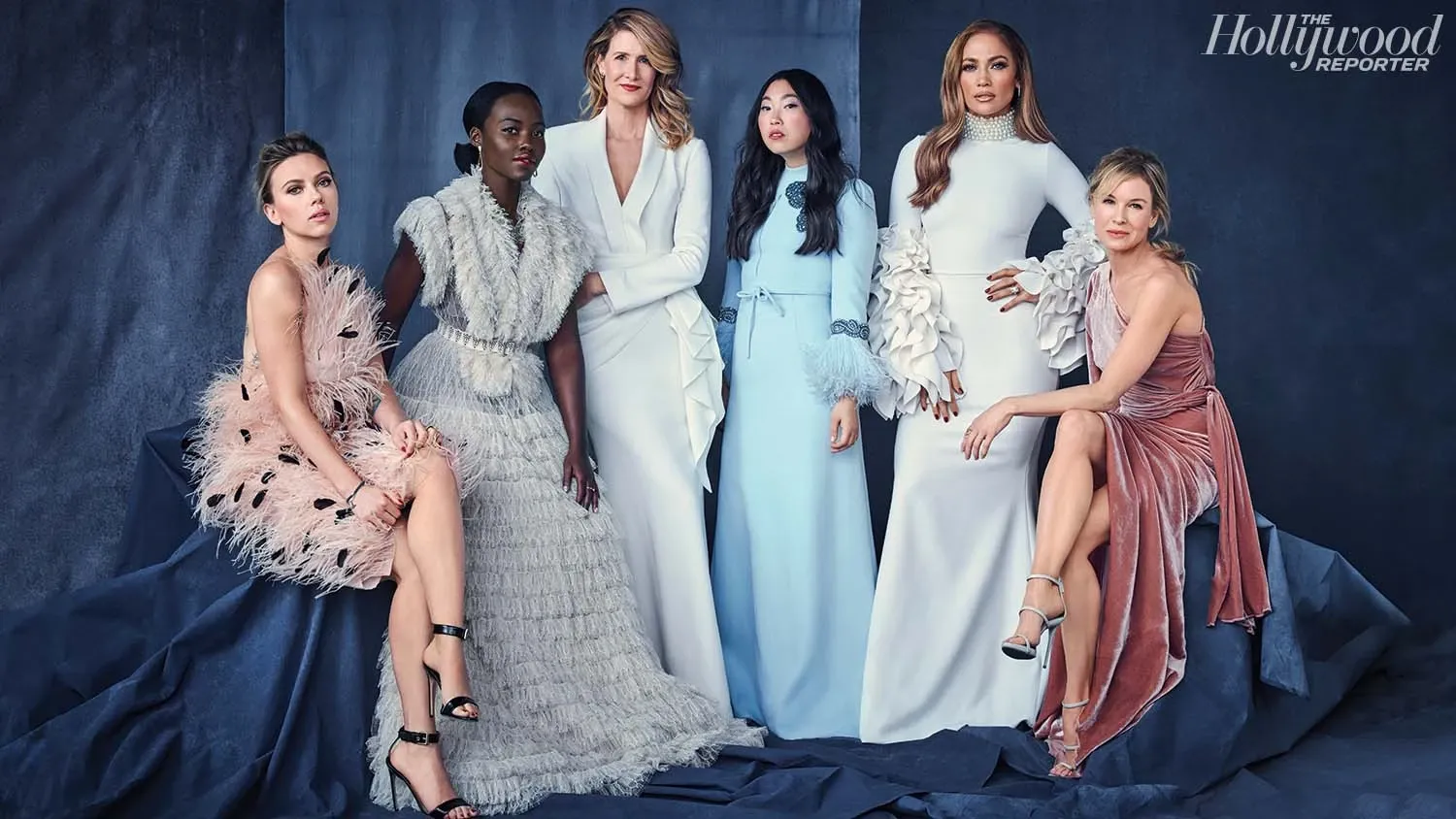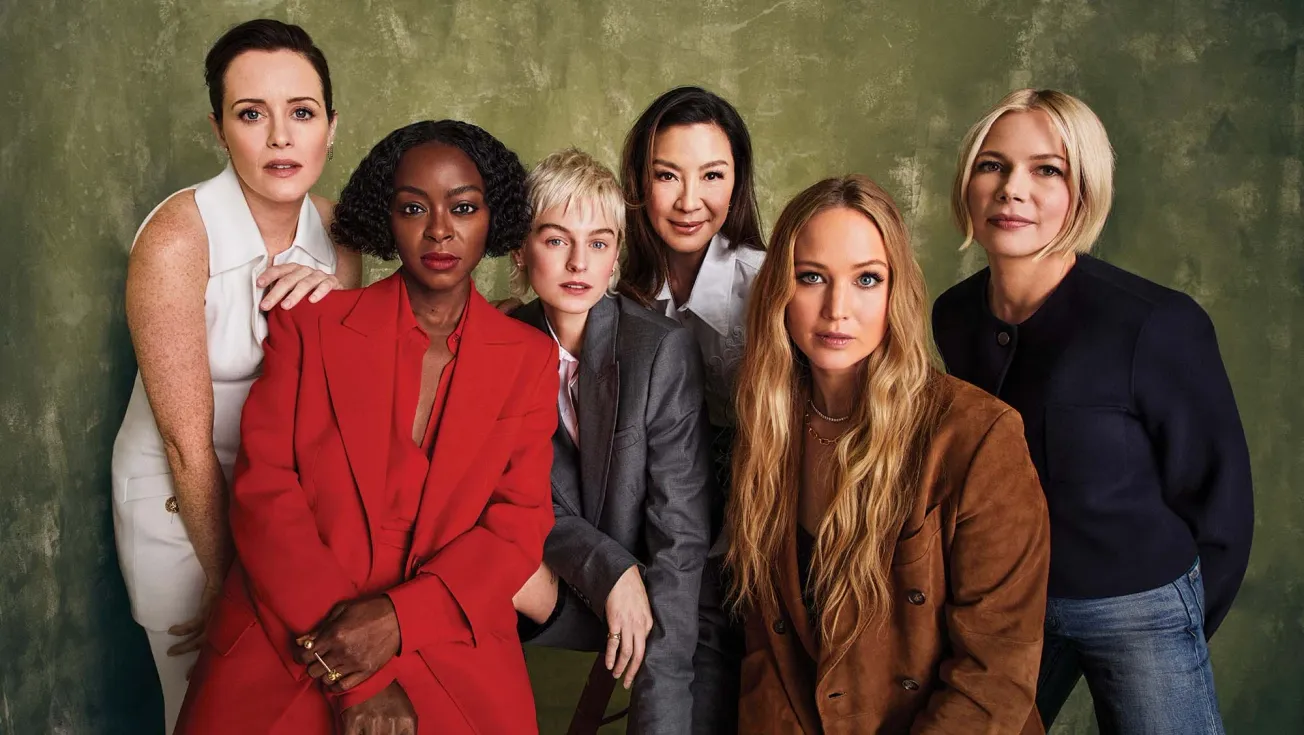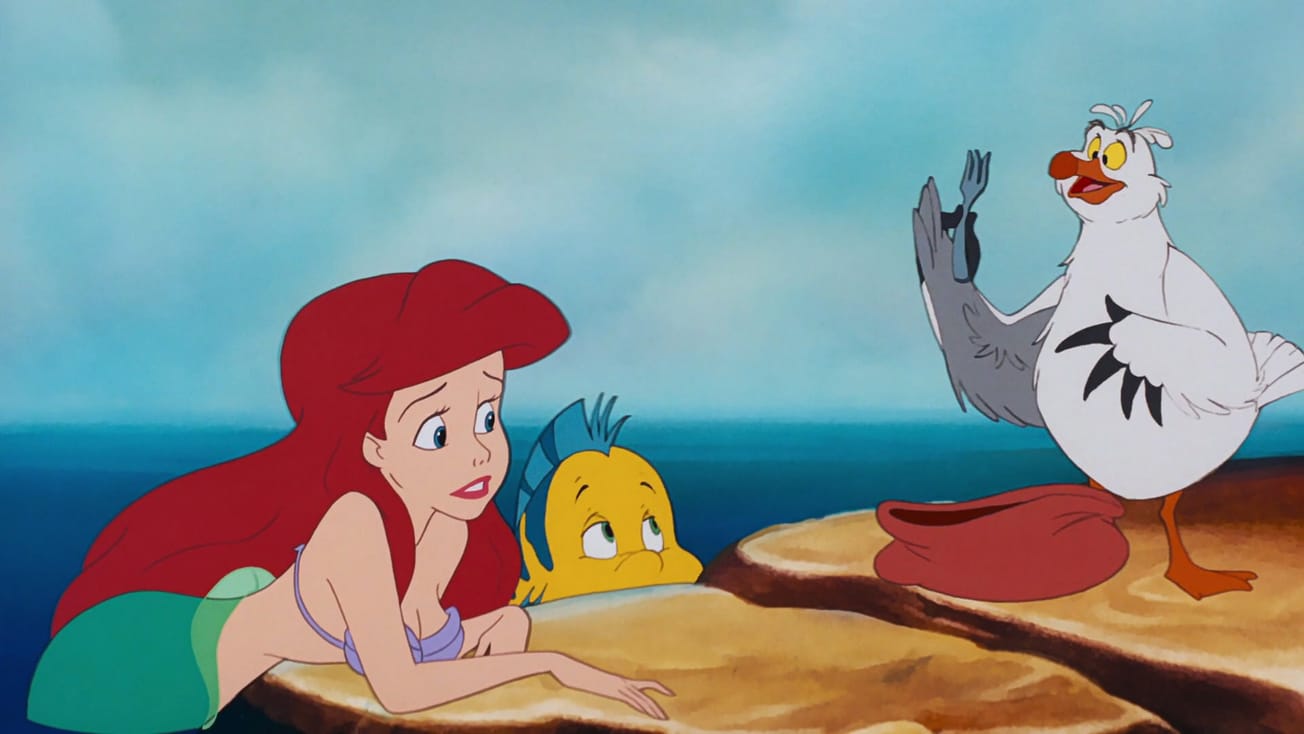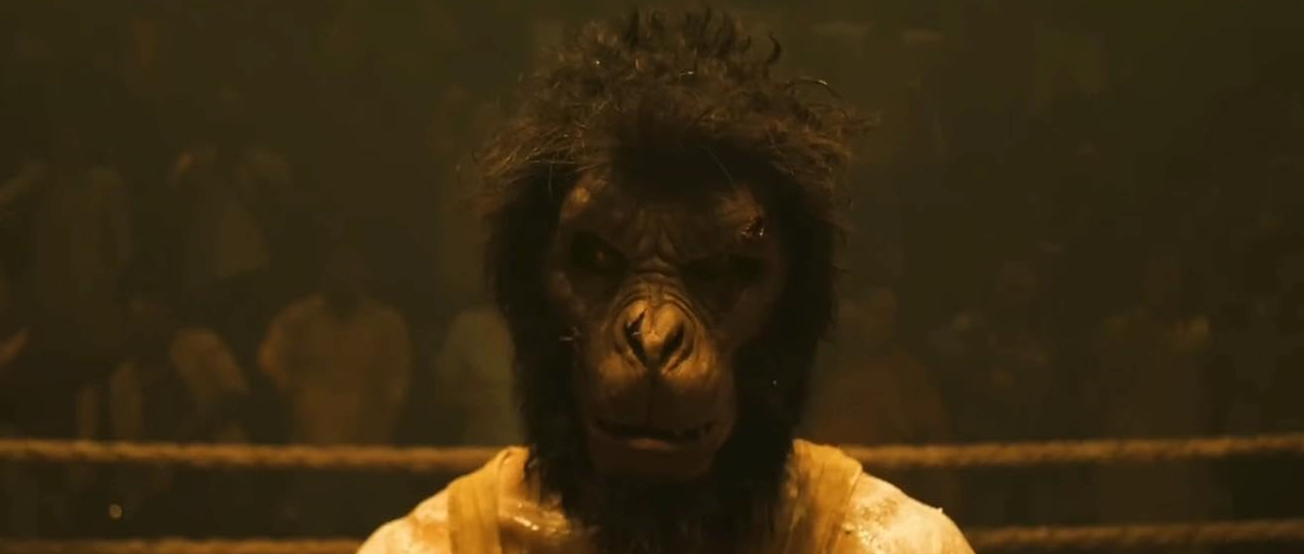By Sofia Webster, First Year, Geography
Growing up as a young girl, the women we see on our screens in films and TV shows are more influential to us growing up than we ever give credit. Especially with the prominence of the #MeToo movement, speaking out against sexism in the film and TV industry has become more important than ever.
Therefore, what many actresses have done for society has been beyond vital, not just for shaping society moving forward but also in shaping the minds of girls of future generations watching women as they grow up.
I have compiled a handful of actresses whose actions to bring about change regarding women’s rights I have found to be particularly inspirational.

The first actress that came to mind when thinking about humanitarian work associated with ‘feminism’ was immediately Emma Watson. Her work with the UN all over the world has been so prominent in mainstream media, and Watson has been well known from an early age to speak out on women’s rights, shown by her being labelled by Elle as “the fresh face of feminism” at just 18 years old.
Emma Watson is amongst the most famous actresses, particularly in her youth, due to her portrayal of the renowned Hermione Granger in the Harry Potter films (2001-2011). The films are loved by many, and for young girls particularly, seeing a confident, free-spirited girl is a great message to instil in women all around the world.
Emma Watson has since grown up to be a UN Women Goodwill Ambassador, to which she was appointed in July 2014 and continues to strive for change promoting gender equality.
Angelina Jolie is another actress that I believe has been influential for women globally, particularly due to her ‘feminist portrayal’ in the film Maleficent (2014), in which Jolie played the title role. The role of Maleficent has been labelled as a feminist character since she is the heroine and goes against the preconceived notion that it is not always a man that has to save the woman in fairy tales.
Aside from her work on screen, Jolie has been appointed as a special envoy for the UN refugee agency, with Vogue labelling her as “an emblem for modern femininity”. Jolie has further openly talked about her experience of having a double mastectomy to reduce her chances of getting breast cancer.
Mastectomies and breast cancer, in general, are topics that many actresses shy away from; I cannot think of many that have talked about such a sensitive topic so openly, especially not an actress with such a high public profile.
Sharing her experience will have been crucial for so many women since, by doing this, she will have massively helped raise awareness, making women going through similar experiences feel less alone.

The MeToo movement was a massive milestone for women and fighting back against sexual assault within the film industry. It encouraged women to speak up against inappropriate behaviour and resulted in the mainstream coverage of the prosecution of former Hollywood mogul Harvey Weinstein.
Few actresses were brave enough to speak out on this matter at a time when few people mentioned it, as it meant potentially risking their entire careers. However, Natalie Portman was one of the few that had the courage to speak out. In her interview with Porter Magazine, the Oscar-winning actress claimed that she endured harassment and manipulation from studio executives throughout her career, from as early as 13 years old.
Since then, Portman has shown her commitment to ending harassment and sexism in the film and TV industry by becoming a founding member of Time’s Up, the anti-harassment initiative directly responding to the Harvey Weinstein scandal and the MeToo movement, thus becoming one of the leading faces of feminism in the film industry.
Similarly, Jessica Chastain has long been known as a prominent voice for women’s rights and has been labelled by the Hollywood Reporter as “a leader of gender equality” and “a powerful force for change in Hollywood and beyond.”
Oscar-winning Chastain became a prominent voice in the Time’s Up Legal Defence Fund – an initiative set up to support women who have experienced workplace harassment.
Chastain’s outspoken character offscreen has also affected the characters she has played on screen. In one of Chastain’s films Woman Walks Ahead (2017), director Susanna White claimed she wanted Chastain to play the lead role due to her vocal role in speaking about politics.
Similarly, in one of her more recent films, The Good Nurse (2022), Chastain plays Amy Loughren, a nurse that speaks up when she sees that one of her male colleagues Charles Cullen (played by Eddie Redmayne), is secretly killing patients by injecting fluid bags with lethal amounts of insulin.
A common criticism of both the feminist and MeToo movements is that it plants the spotlight on high-profile white actresses and fails to cater to the stories of all women, regardless of age, race and career profile, often leaving many ignored.
Viola Davis, in contrast, has spoken out not only about her experience in Hollywood but also giving a platform to those that feel their stories have been ignored.
At the Women’s March in Los Angeles in 2018, she said, ‘If you are a woman of colour and you are raped before you reach the age of 18… then you are 66% more likely to be sexually assaulted again.’
The way Davis has used her platform is incredibly inspiring, especially since she continues to speak out on issues such as sexual harassment against women, pay inequality for women as well as her upbringing in extreme poverty.
The Oscar-winning actress has further shown considerable solidarity to other women in the film and TV industry in her speech at the Women’s March, where she further said, ‘I am speaking today not just for the Me Toos, because I was a Me Too, but when I raise my hand, I am aware of all the women who are still in silence.’
Giving this speech was incredibly brave of Davis and was an incredibly respectful and uplifting way to address the ‘white feminist backlash’ that tends to surround mainstream media.
Overall, the list of women that have been inspiring role models to women around the world on screen could go on and on. I think, most importantly, these women I have mentioned have spoken out against issues they care about regardless of the sacrifices they come with.
Reading into their stories about how they created change was a very moving experience and ultimately shows that change is possible no matter the size of the cost to get there.
All these actions have been shown by the improvements in sexism in the workplace in films and TV shows; however, there is no denying that even in 2023, there is still a long way to go.
Featured Image: Courtesy of Danielle Levitt/The Hollywood Reporter // Set Design by James M. Rene
Who is an actress that you look up to?








